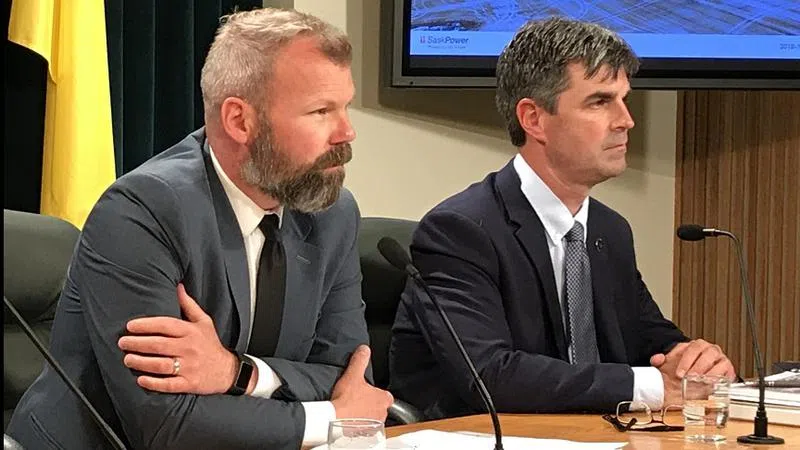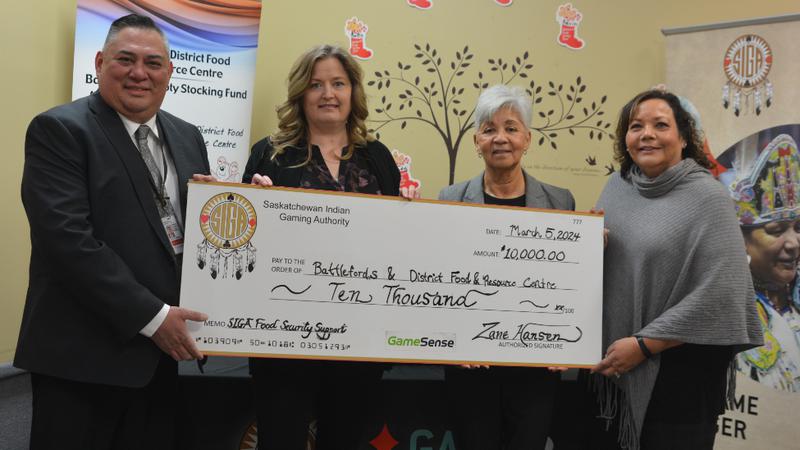
SaskPower natural gas plans could be derailed by federal regs
The future of SaskPower’s natural gas plans, and therefore its emissions reductions, could be in jeopardy after new regulations from the federal government.
On Friday, the federal government released final regulations on the carbon tax system, which include those for natural gas plants. It means that any new plant that starts operating after 2021 will have to be down to zero emissions by 2030, or pay for any emissions released.
“This just changes the whole equation,” SaskPower CEO Mike Marsh said Friday.
Natural gas was SaskPower’s first choice for power generation as it transitions out of coal. In its 2018-19 annual report, SaskPower said: “The presence of a strong natural gas-fired generation fleet will be critical in providing a potential baseload replacement for conventional coal generation while also providing the flexibility required to operate during peak demand periods in support of intermittent renewable generation.”


